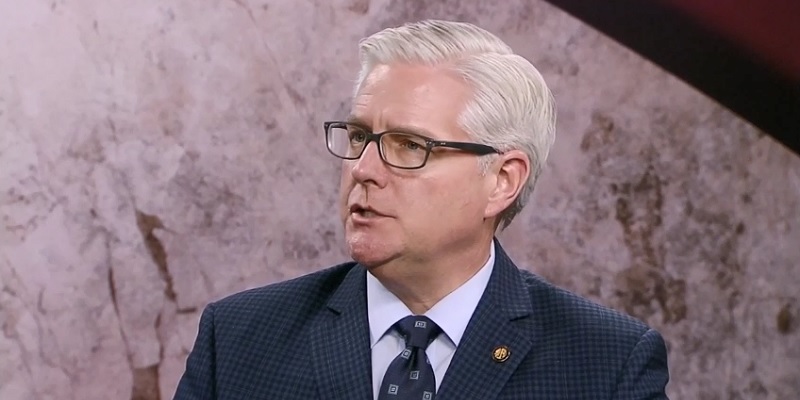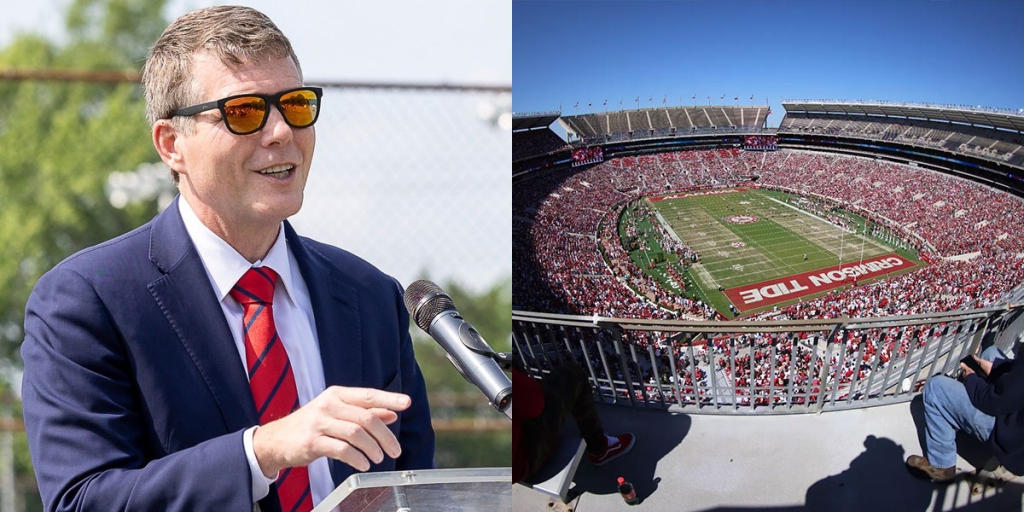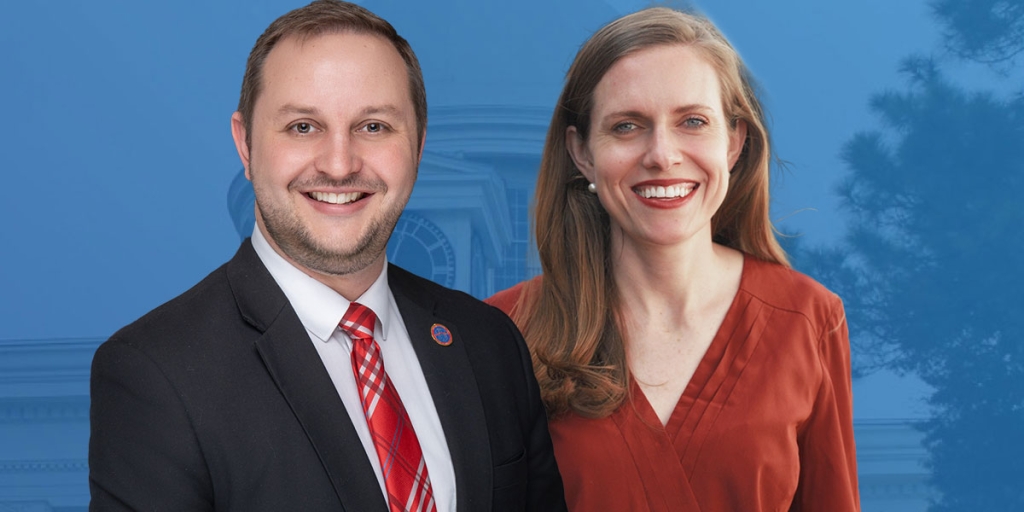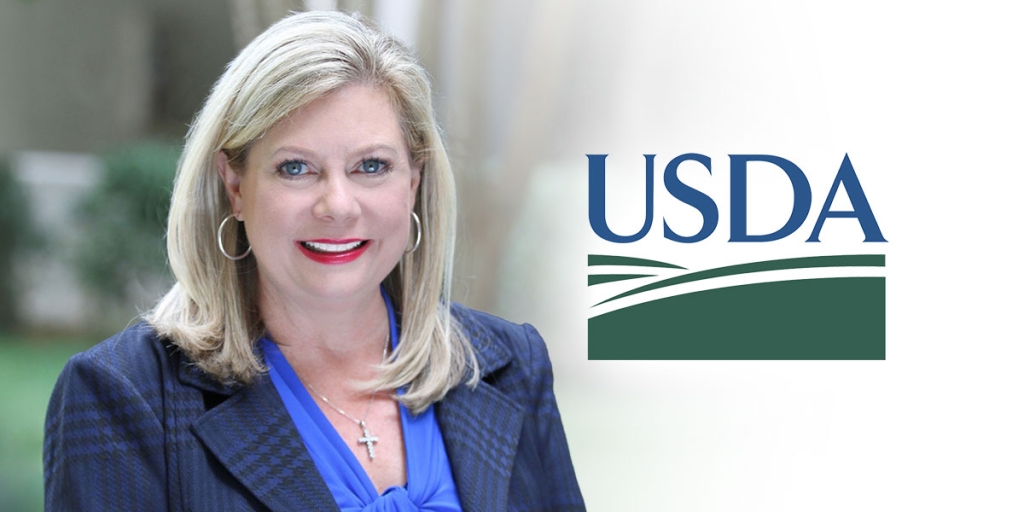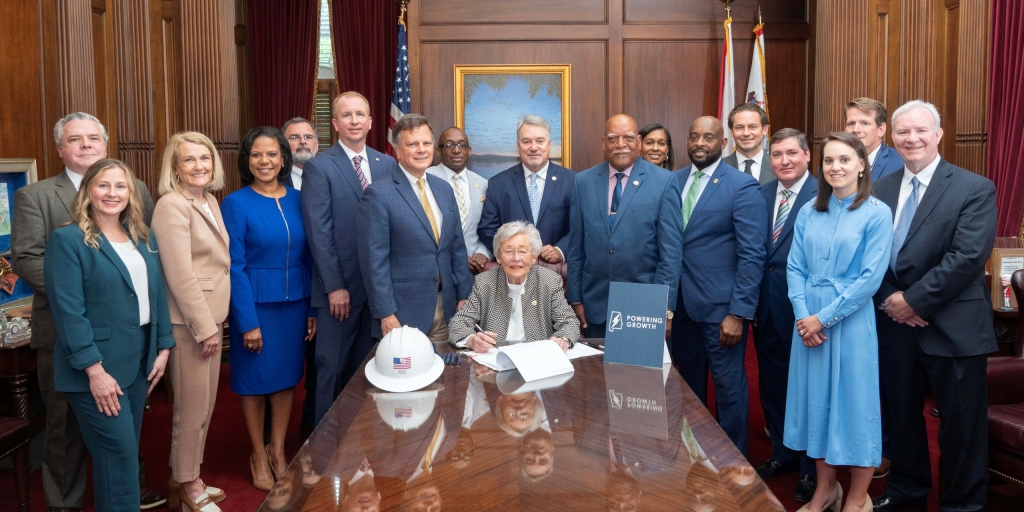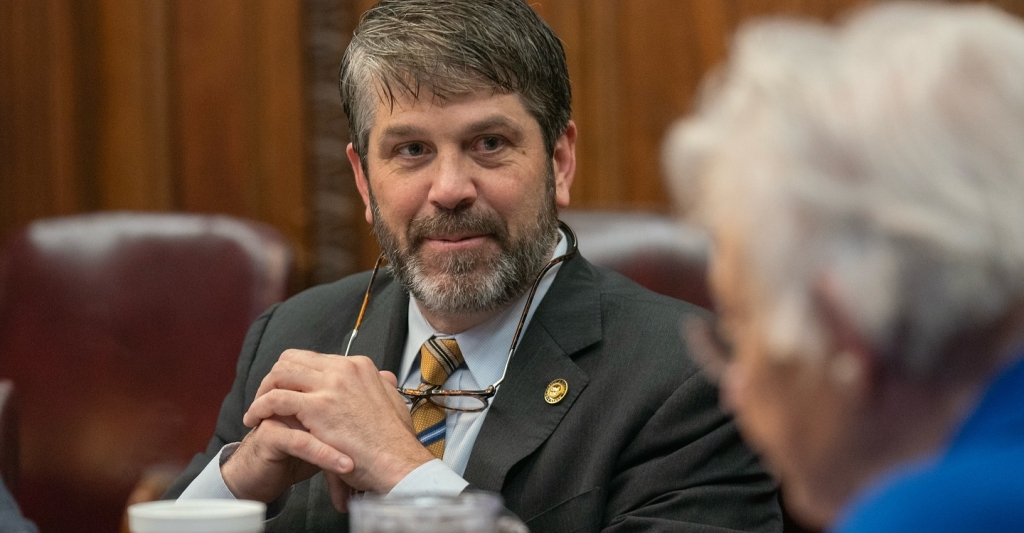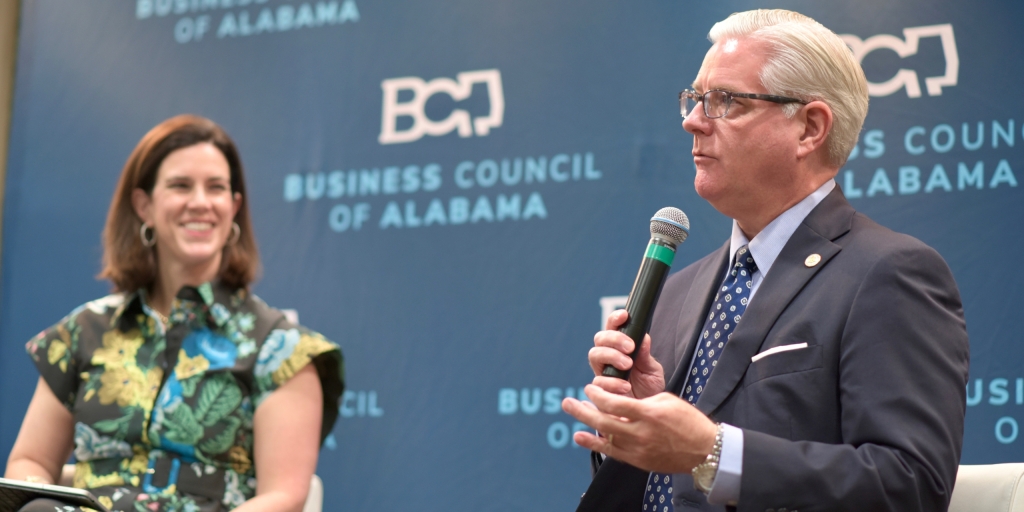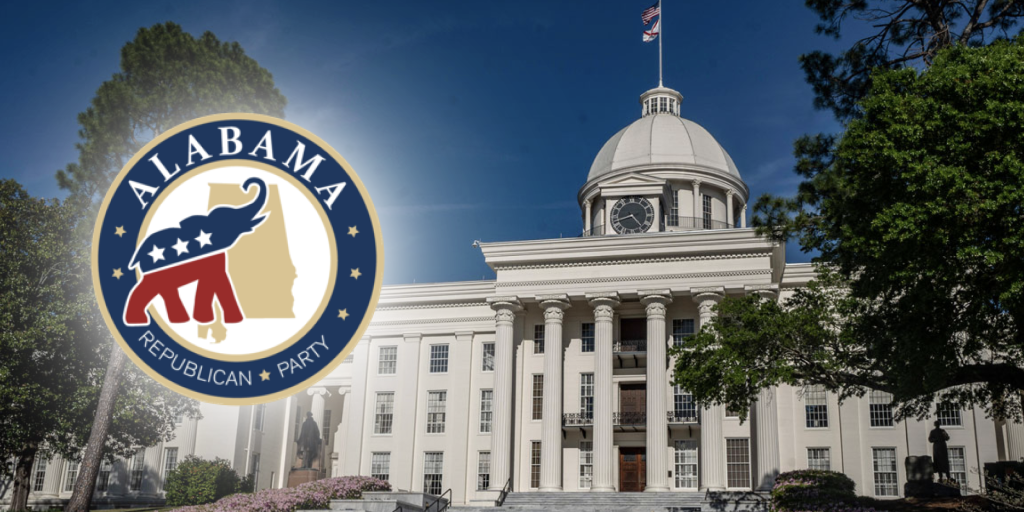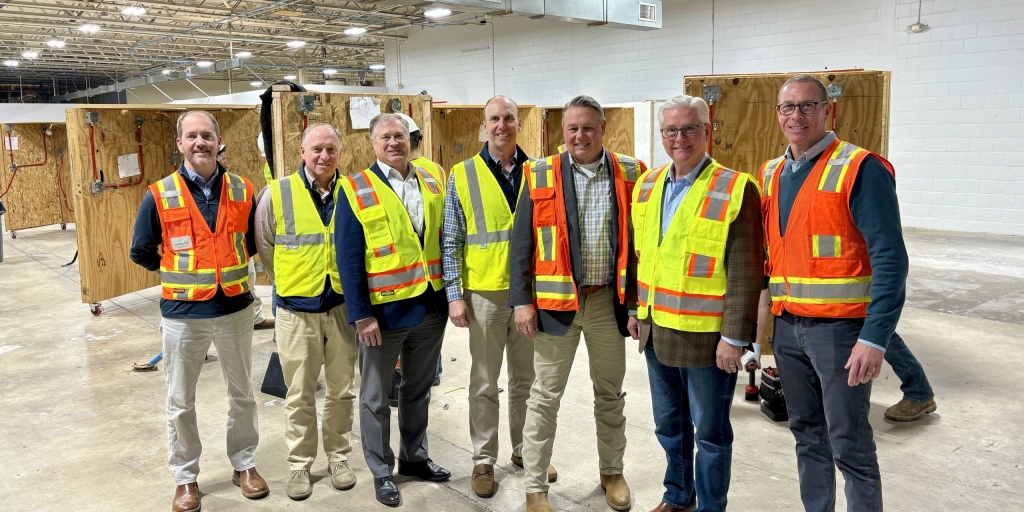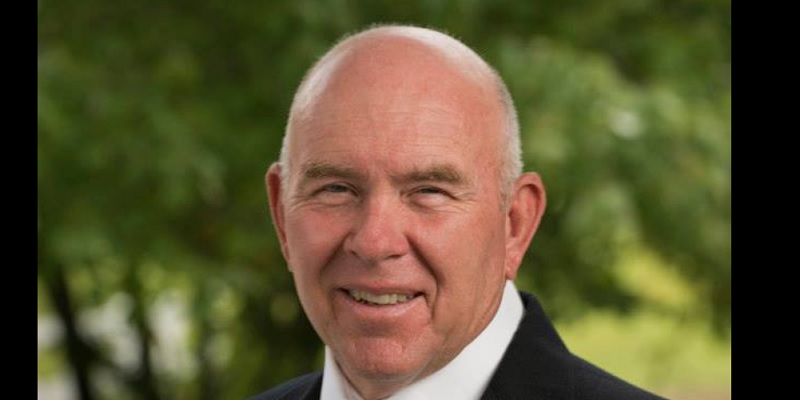MONTGOMERY — Elected officials and civic leaders throughout the rural parts of Alabama will often gripe that their regions of the state are overlooked when policymakers devise economic growth plans. They contend the focus is on the metropolitan areas in Alabama, primarily the areas that include Birmingham, Mobile, Montgomery, Huntsville and Tuscaloosa, and their suburbs.
During a one-on-one interview that aired on Huntsville radio’s WVNN, State Senate Majority Leader Greg Reed (R-Jasper) laid out his vision for improving the economy and quality of life metrics for rural Alabama, which included improving infrastructure, access to broadband internet, health care and economic incentives, which can be used to stimulate local economies.
Reed said not to expect a similar rate of growth in rural areas as exhibited in the metropolitan areas. However, he said there were things government could do to better the circumstances for rural Alabama.
“You know, are we going to see the same kind of growth in rural areas of our state as we see in Mobile, Baldwin, or Tuscaloosa, or Huntsville?” Reed said. “No, we’re not … and we don’t necessarily want that. Are we excited about the growth that we’ve seen? Absolutely. Alabama’s economy is as strong as maybe it has ever been. More people are working in Alabama than ever before. The unemployment rates are the lowest in recorded history. We’ve got a lot to be thankful for. But in my opinion, if we’re going to grow Alabama, if Alabama is going to be everything economically that we want her to be, we can’t just grow along the Interstates. We must also grow in rural Alabama. And I think there are four elements that are essential to growing rural Alabama. The legislature has worked on some of these issues, and we’re going to be working on them more moving forward.”
The Walker County Republican named infrastructure at the top of his list, noting the 2019 passage of the Rebuild Alabama Act, which provided increased revenue for infrastructure projects through an increase in the state’s fuel tax.
“First is infrastructure,” he said. “The legislature dealt with that issue in the past, in the past session. We looked at a topic we had not dealt with in 27 years in being able to find infrastructure resources for the state. That’s very important in rural counties, rural portions of our state, as well as along the Interstates.”
Reed emphasized the importance of access to high-speed internet in rural areas, which has been a priority for state government in recent years.
“Number two is the idea of rural broadband,” he said. “You’ve got to have internet access in an area, or no one is going to locate their business there. That’s just the world in which we live. There’s no reason to think that there will be any other way. It is going to be any other option but to have rural broadband access in areas where you want to grow. The state has done a good job with that. We’ve had several initiatives in the last session that were pretty hot on the idea of growing broadband access in rural portions of the state.”
He also stressed health care, which has been a bipartisan concern for the members in the Alabama legislature. As rural hospitals have been closing across the state, officials have been looking at ways to shore up existing hospitals in rural Alabama, and how to provide alternatives for areas where there is no longer access to a hospital.
“No one is going to locate their new business in an area where health care is not available to their employees,” he said. “So, that’s a topic.”
The final major focus Reed named was the availability of incentive programs in rural areas, which he argued could be used to lure companies to places in need of an increase in economic activity. Reed noted that those incentives, in combination with factors like low property costs, could be attractive to businesses looking for a place to locate.
“The fourth is incentives,” Reed said. “You’re going to have to incentivize companies to locate in rural areas. That’s something that is going to be important to me in this legislative session. As you will remember, four years ago, we had the Alabama Jobs Act. And then just last year, we had the AIM [Alabama Incentives Modernization] Act, which was focused on Opportunity Zones across the state and also focused on tech companies and the recruitment of high-tech companies in Alabama. I carried both of those pieces of legislation in the state senate.”
“We put a sunset provision in those legislative acts on purpose because of the competitive environment as we compete with Tennessee and South Carolina and Indiana, and across America,” he continued. “We need to make sure we’re changing and modifying our recruitment strategies in a way to get a maximum benefit for Alabama. Those all have to be renewed this year, and as they are renewed, I think you’re going to hear from many legislators a focus — not to take anything away from all the enthusiastic growth we’ve had, keep it going — but can we also focus a little bit more in areas in the rural portion of Alabama where maybe more of the employees are, and maybe more of the opportunity of where more of the lower-cost property may be available — some other attractive elements of rural Alabama that may be beneficial and for Alabama to be all that she needs to be, we want her to be.”
“We need to be growing all over Alabama — along the Interstates and the big cities, as well as in rural areas,” Reed added. “And I think the legislature has and will continue to focus on those areas for economic and industrial growth in rural portions of the state.”
@Jeff_Poor is a graduate of Auburn University, the editor of Breitbart TV, a columnist for Mobile’s Lagniappe Weekly and host of Huntsville’s “The Jeff Poor Show” from 2-5 p.m. on WVNN.




